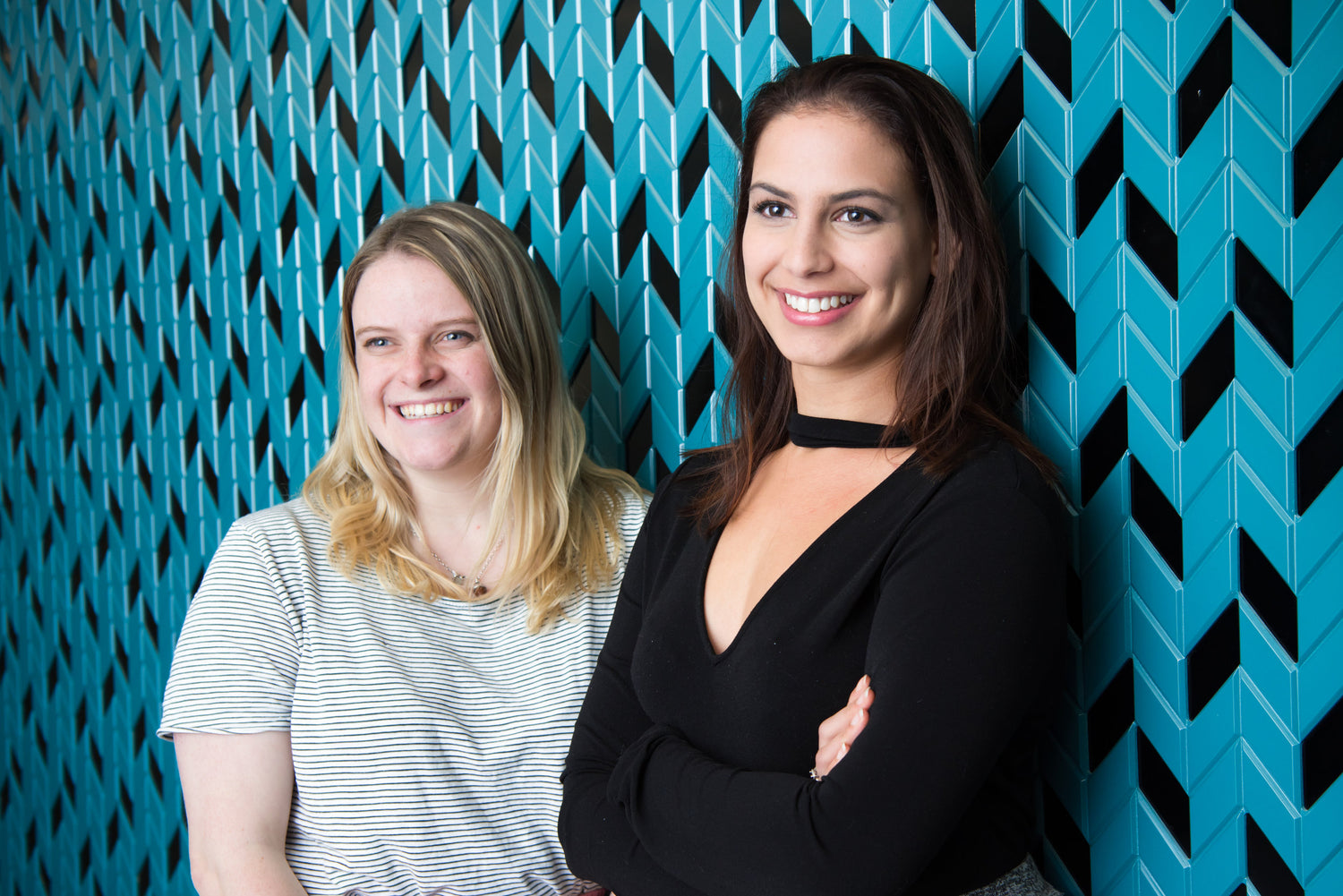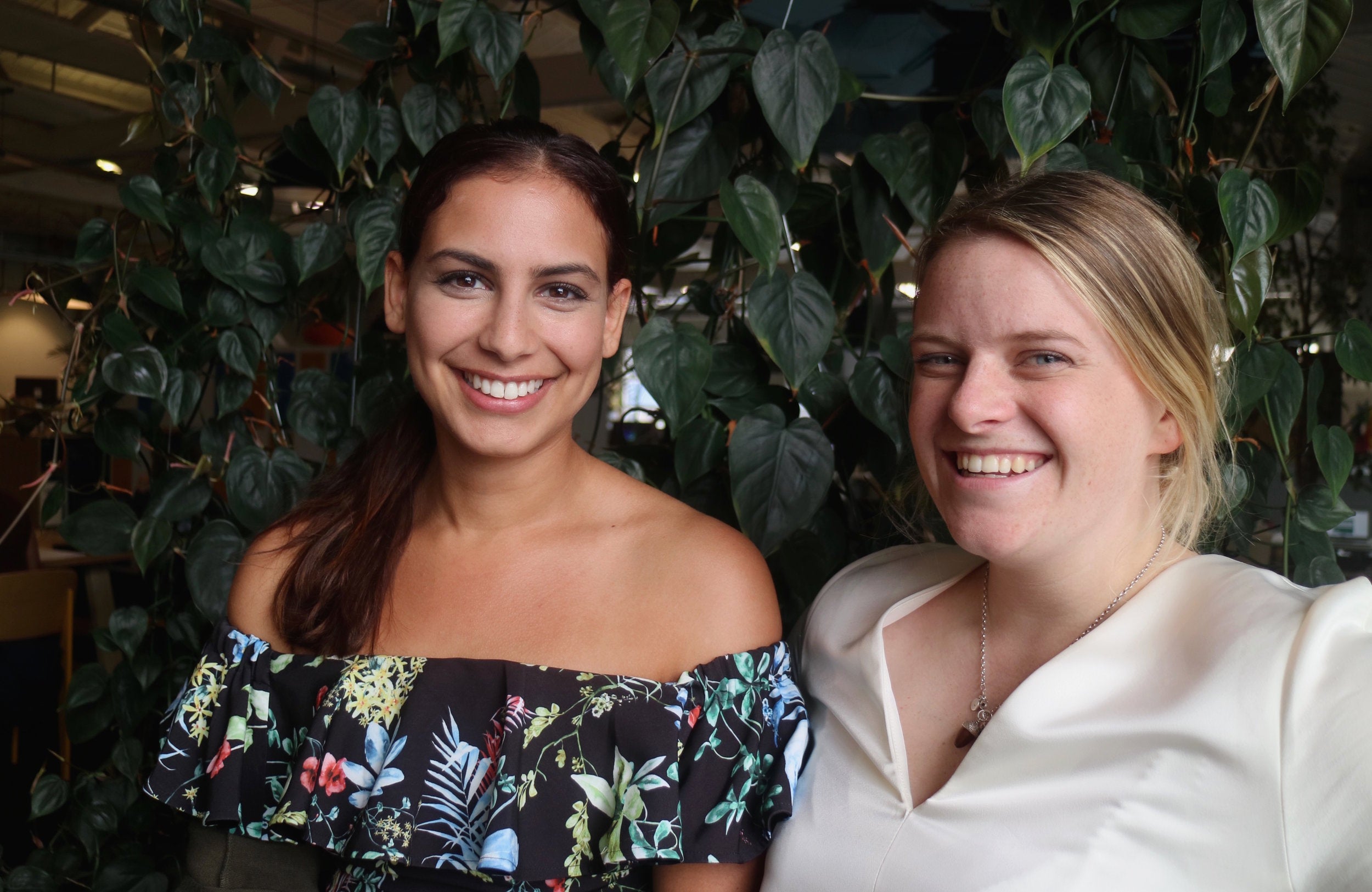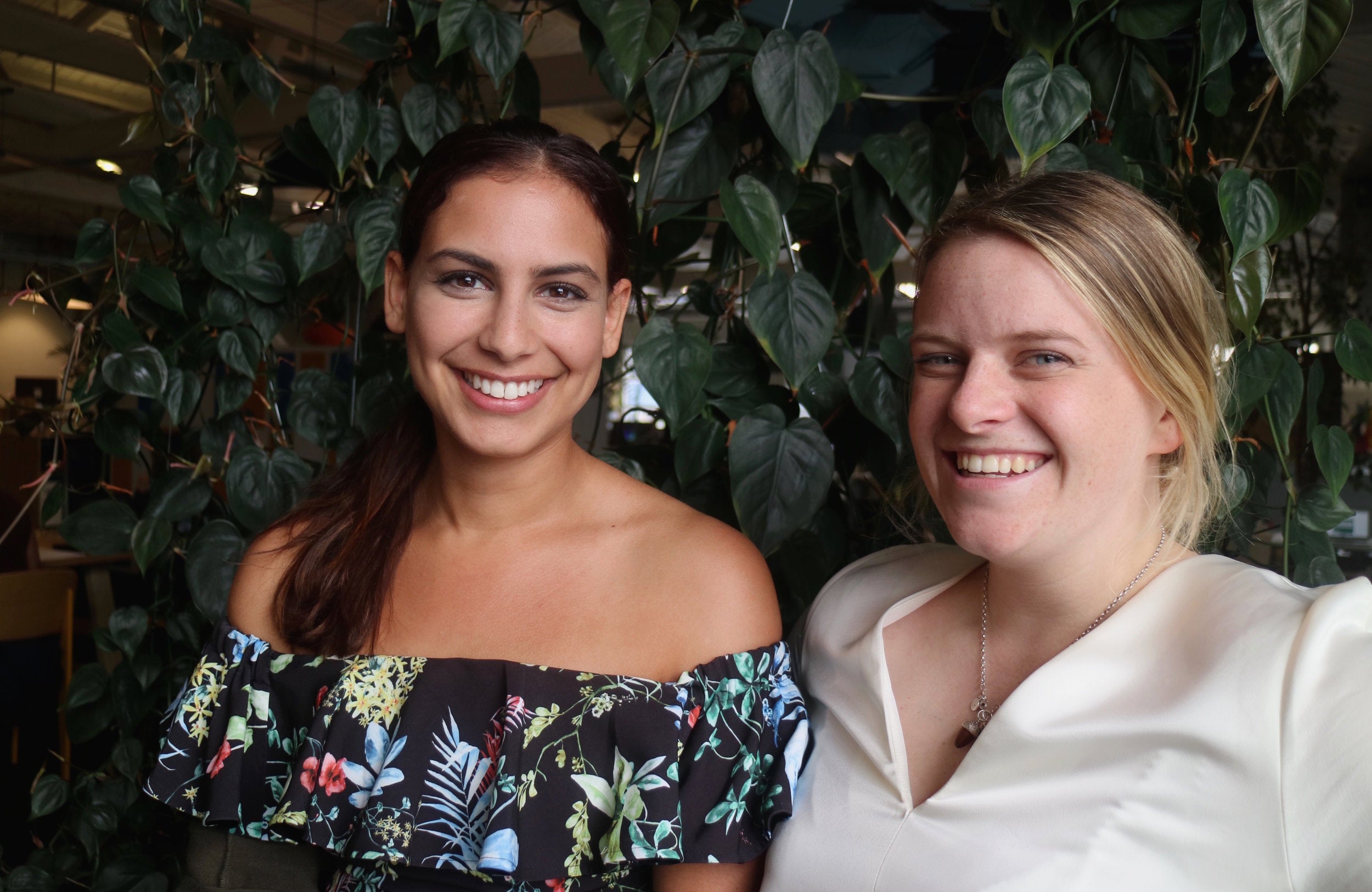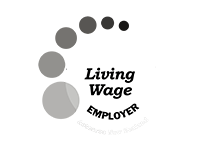Businesses that subscribe to Dignity pay for tampons and pads for their staff and young girls in a buy-one-give-one model.
The social enterprise was founded by Miranda Hitchings, who is currently studying toward her Honours degree in Marketing, and Jacinta Gulasekharam, who graduated with a Bachelor of Commerce last year.
“As students, we understand the financial burden of buying sanitary items. It’s really hard to factor it into your budget when you’re not earning much money. Some young girls who are unable to afford these items or don’t have easy access to them are missing out on school because of it,” says Jacinta.
“We both knew we needed to do something about it.”
The pair began developing Dignity during Victoria’s annual Entrepreneur Bootcamp.
“The bootcamp really helped us shape our ideas. After carrying out research and customer interviews, we realised the buy-one-give-one model was beneficial and sustainable for everyone,” says Miranda.
Under the model, a workplace buys a bulk order of pads and tampons for its staff, and for every sanitary product purchased, another is delivered to a local high school.
Dignity has partnered with Organic Initiative, a New Zealand sanitary item supplier, whose certified organic items decompose in five years—in comparison to the usual 500 years.
Flick Electric has become the first business to sign up to Dignity.
“We are delighted to have partnered with Dignity,” says Flick Electric’s Nikki Bloomfield. “It has had a great response from our team and we think it is a really positive way to demonstrate that we are a diverse and inclusive workplace.
“The service Dignity provides makes sense. Workplaces provide all kinds of office consumables, and there is no good reason why sanitary items should not be included. We hope in the future it becomes the norm for all workplaces to make these products available to women, and that other businesses follow in our footsteps.
“It’s clear Dignity has given thought to the products they supply—by consciously deciding to supply New Zealand made products and being mindful of health and the environment. We are also pleased to be able to support an organisation that is helping resolve issues that impact on girls’ access to education."
Dignity founders Jacinta and Miranda are looking to sign up more workplaces, which would mean they could eventually spread the model to high schools around the country.
“Businesses have a strong social responsibility and they can create change,” says Miranda. “Small, incremental changes, like providing free sanitary items, can have a positive impact on employee wellbeing and the community.”
The two are also researching a potential club model, where five or more women at a workplace would sign up to get sanitary items delivered to their workplace with the equivalent given to school girls.
Jacinta says the business name ‘Dignity’ has many meanings.
“It means you have dignity at work or school, you get dignity from buying the product, and the products themselves have dignity as they’re better for the environment. There’s so much meaning and importance. We really hope to make a difference.”








Leave a comment
This site is protected by hCaptcha and the hCaptcha Privacy Policy and Terms of Service apply.